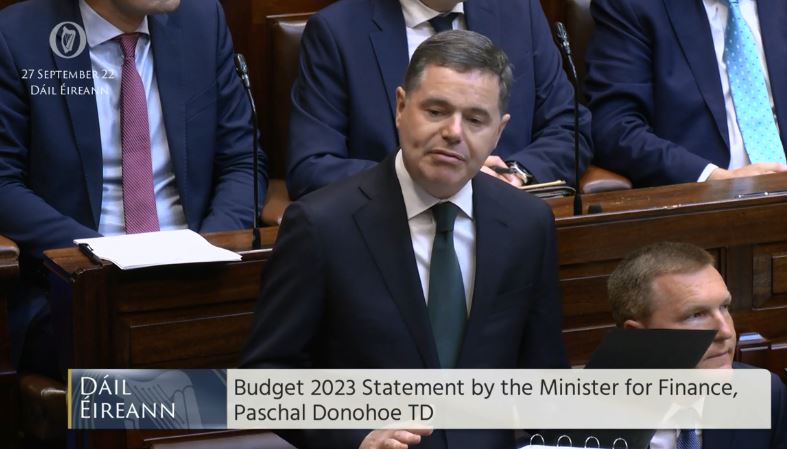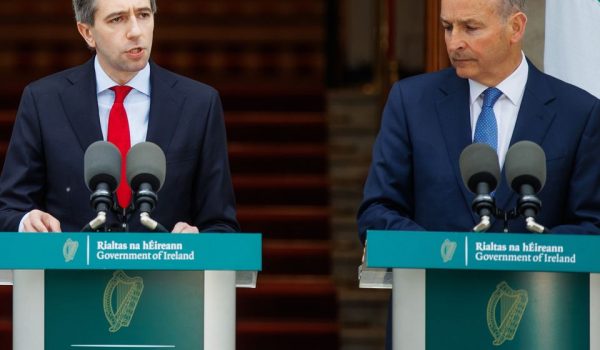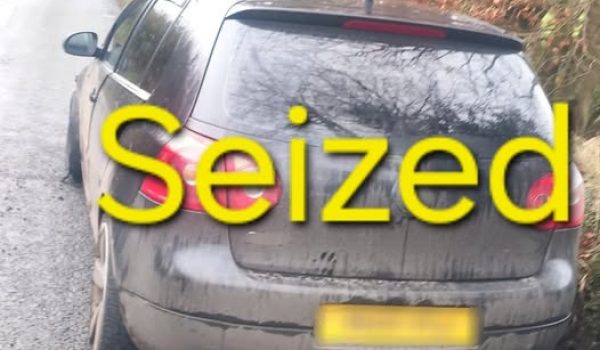
Finance Minister, Paschal Donohoe says Budget 2023 is a ‘cost of living budget’.
The Department of Finance estimates rate of inflation at 8.5% this year and 7% next year.
Public debt amounts to €44,000 per person in Ireland, totaling €225bn.
The cost of one off measures in the budget will be €4.1 billion while core budget measures will come in at €6.9 billion, bringing the total budget of €11 billion.
- Excise rate reductions of 21 cent on petrol and 16 cent per litre and 5.4c per litre in Marked Gas oil
- 9% VAT rate for electricity and gas extended until 28th February 2023
- €1.1 billion income tax package announced. It includes; a €3,200 increase in the cut off rate to higher tax to €40,000. The main tax credits (personal, employee, earned income) are being raised by €75. Home Carer Tax Credit being increased by €100
- The second USC rate band (2% rate) will increase from 21,295 to 22,920 to take account of minimum wage increase of 80c p/h
- USC concession for those with a medical card earning less than €60,000 is being extended for another year
- Help to Buy scheme extended at current rates until the end of 2024
- A new tax credit for renters of €500 a year confirmed with 400,000 set to benefit. The tax credit can be claimed for 2022 and 2023
- The pre-letting expenses for landlords is being doubled to €10,000 and the time a property must be vacant reduced from 12 to 6 months
- A Vacant Homes Tax has been introduced and will apply to homes which are occupied for less than 30 days a year. It will be charged at a rate three times the Local Property Tax for the home and will be self-assessed
- There will be a new Residential Zoned Land Tax. Local authorities to publish draft maps in November
- The residential development stamp duty refund scheme is being extended to the end of 2025
- To pay for the Mica redress scheme a levy on concrete blocks, pouring concrete and some other concrete products has been announced. It’s expected to be a rate of 10% from April 2023 and will raise €80m annually
- Carbon tax increase of €7.50 a tonne will go ahead as planned on October 12th and will put up petrol and diesel by 2c a litre. However, the Government is reducing the National Oil Reserves Agency levy to 0% to offset the cost – this is worth 2c a litre
- Five tax reliefs for the agriculture sector will be extended – young trained farmer and farm consolidation stamp duty reliefs, farm restructuring CGT relief, young trained farmer and registered farm partnership stock reliefs
- Accelerated capital allowances for building modern slurry storage facilities has been announced by the Finance Minister
- Temporary Business Energy Support Scheme from Revenue to help businesses which will give back 40% of increased cost of electricity bill, up to a maximum of €10,000 a month. It will be calculated by comparing average unit prices from 2021 to 2022
- 50% excise relief to small independent producers of cider
- Cost of applying for a Special Exception Order for late night venues will be halved. Down from €110 to €55
- 9% VAT rate on hospitality will continue until February 28th 2023, after which it will rise to 13.5%
- VAT on newspapers reducing to 0% from January 1st 2023
- VAT on defibrillators reduced to 0% from January 1st 2023
- 0% of VAT will apply to hormone replacement and nicotine replacement therapies
- Ireland to be part of EU windfall tax approach but will go it alone if needed
- Bank levy extended for another year to raise €87 million per annum
- Pack of 20 cigarettes up 50c and pro-rata increase on other tobacco products
- €2 billion will be put into the Rainy Day fund this year and €4 billion in 2023
- €600 euro electricity credit for all households. First payment before Christmas and two in the new year
- Fuel allowance lump sum of €400 euro
- Lump sum cost of living double social welfare payment in October
- €500 lump some on working family payment. Double child benefit payment in November
- €500 payment for carers and those with a disability in November. €200 on the living alone allowance
- For students: €1,000 reduction in student contribution. Double payment of SUSI grant. €1,000 increase to post-grad fee contribution grant. Reduction in student fees of €500 euro. Increase of between 10-14% in student grant. Post-grad grant will increase by 500 euro
- 20% off public transport for all and 50% on youth travel card
- €100 million for schools to deal with energy costs and €10 million for third level institutes
- €60 million to local authorities and €110 million to health funded bodies for energy costs
- €12 across the board increase in social welfare
- Working family payment thresholds up €40 a week. Qualified child allowance up €2 a week
- Income threshold for fuel allowance will increase from €120 to €200 above the state pension. The weekly fuel allowance means limit to €500 for single person and €1000 for a couple over 70
- Domiciliary care allowance increased by €20.50
- 25% reduction in the cost of childcare under the national childcare scheme at cost of €121 million which will save up to €175 a month for families
- €4.5 billion of non-core expenditure to deal with risks like Brexit, Ukraine and the end of Covid
- €1.7 billion for housing to deliver social housing build targets of 9,100. Total of €6.2 billion for the Department
- €215 million for the local authority affordable purchase scheme, AHB cost rental and shared equity scheme to deliver 5,000 affordable homes next year
- €215 million for homelessness services
- €87 million for retrofits in 2023
- €930 million for water services
- Total health budget of €23.4 billion includes the delivery of 650 acute and community beds by end of 2023 and funding to recruit 6,000 additional staff to the health service
- €225 million in extra money to tackle waiting lists – total budget of €443 million. €5 million for oral health services
- Extending contraception to women aged 16 to 30
- Providing supports for the first time for publicly funded IVF treatment
- €138 million for disability services. €150 million to support older people living at home, national dementia strategy. €58 million for mental health
- €439 million will be provided for the ongoing response to Covid-19
- 686 additional teachers to support those with special needs and an additional 1,194 SNAs bringing the number to 20,300
- Reduction in the pupil teacher ratio by 1 point to 23:1 with 370 extra teaching posts
- Funding for free school books for all primary school pupils
- There will be funding for an extra 4,800 additional apprentice placements
- €337 million for grants for energy efficiency. This will fund 37,000 home energy upgrades
- New low cost loan for residential retrofits has been introduced
- €2.6 billion for transport to progress busconnects, metrolink and dart+
- Up to 185,000 households to be passed by the National Broadband Plan next year
- €11 million for the continued response to the refugee crisis from Ukraine and housing refugees
- €238 million being allocated from the Brexit reserve fund to cushion agriculture from the impacts of Brexit
- 1,000 new gardai to be taken into Templemore next year. 430 garda civilian staff recruited. 200 new recruits will enter Templemore every three months over the coming years. There will be a €5 million increase in the garda overtime budget to over €100 million
- Extra 400 permanent Defence Force members recruited in 2023. Money to include pay and allowance enhancements for the membership
- €35 million increase in the capital allocation for the defence forces in part used to fund primary radar capabilities
- An increase of 100m euro for Irish Aid
The Official Development Assistance will be more than 1.2bn in 2023
75m of that will go to humanitarian needs in Ukraine





